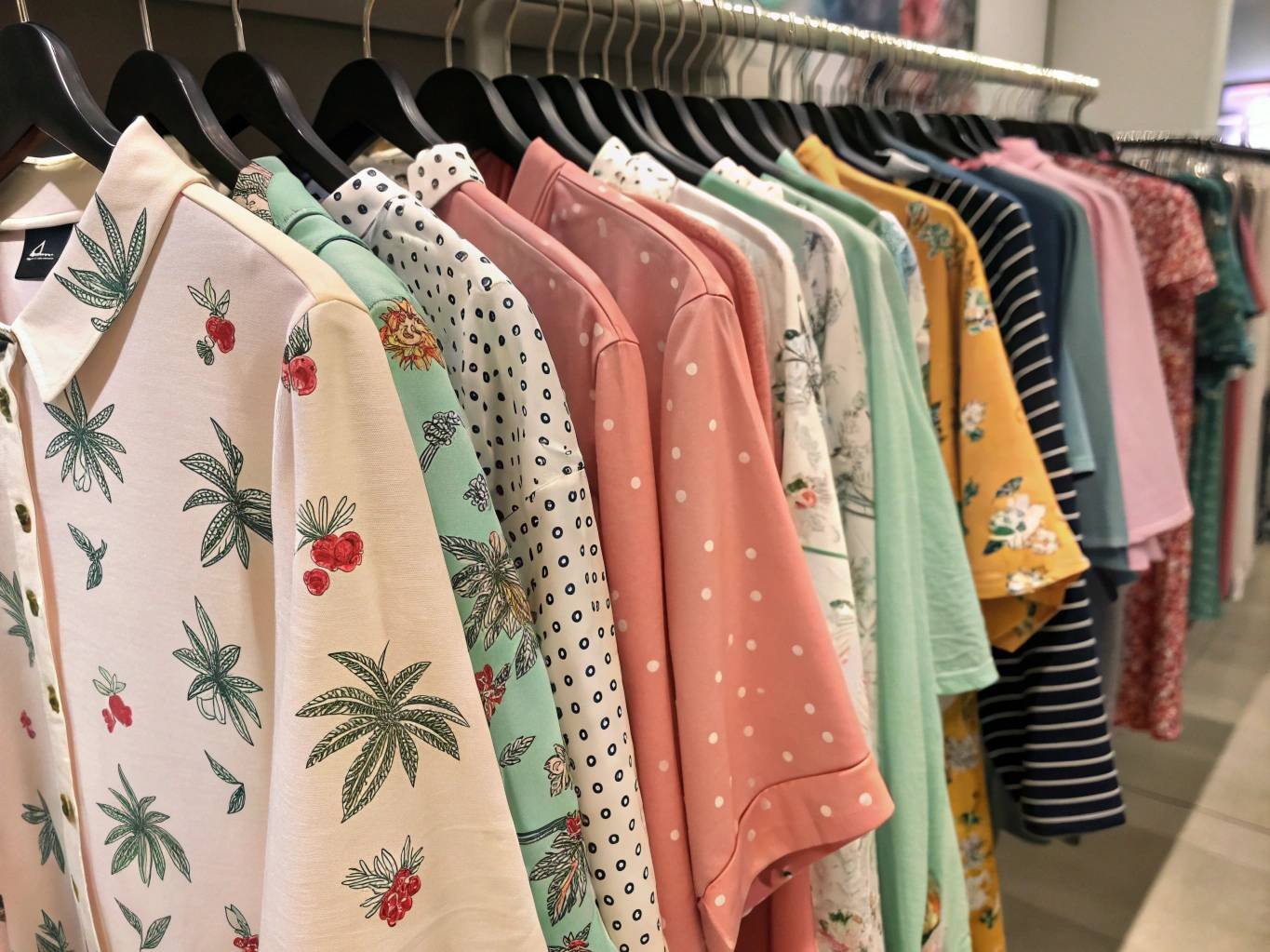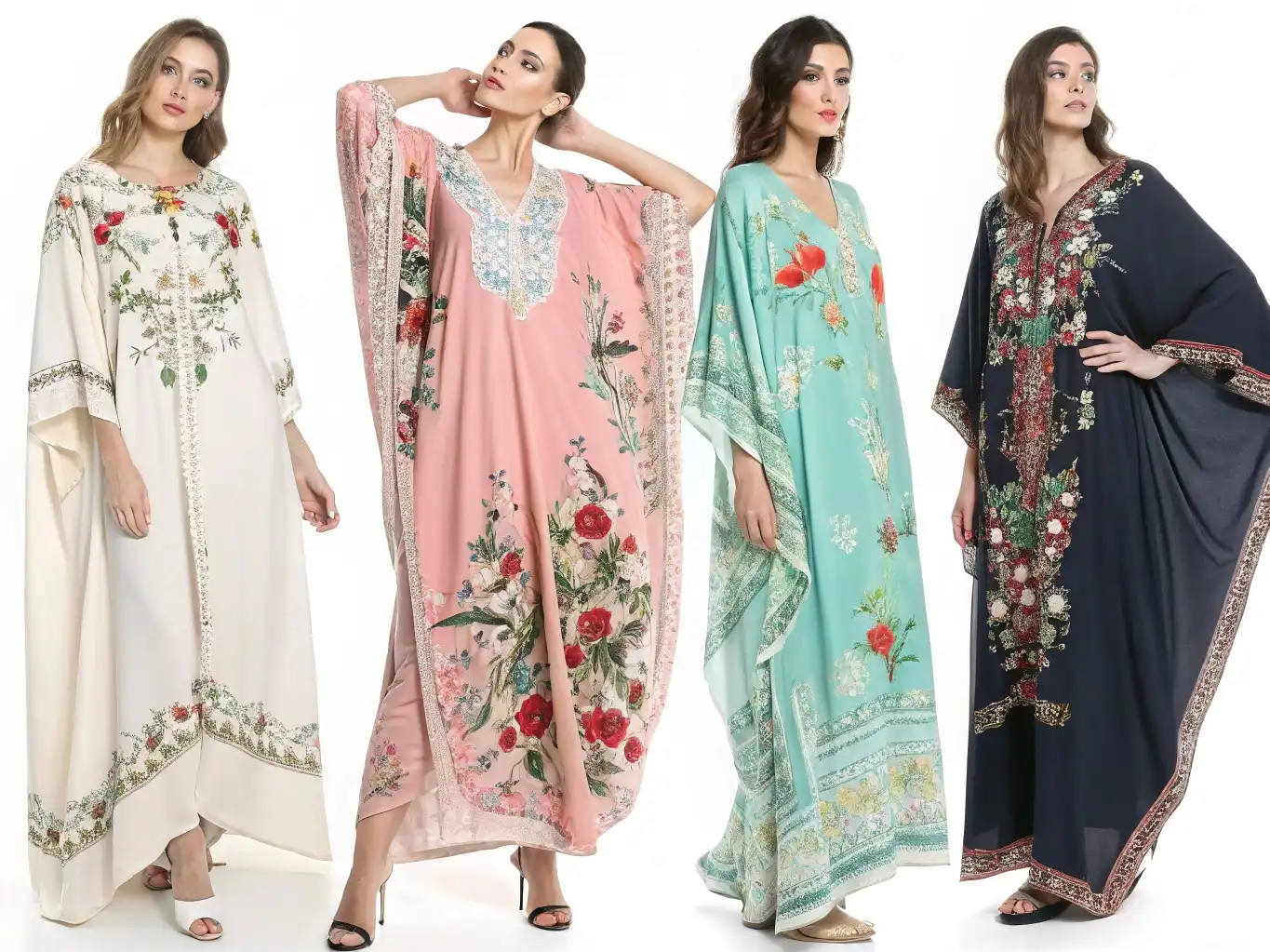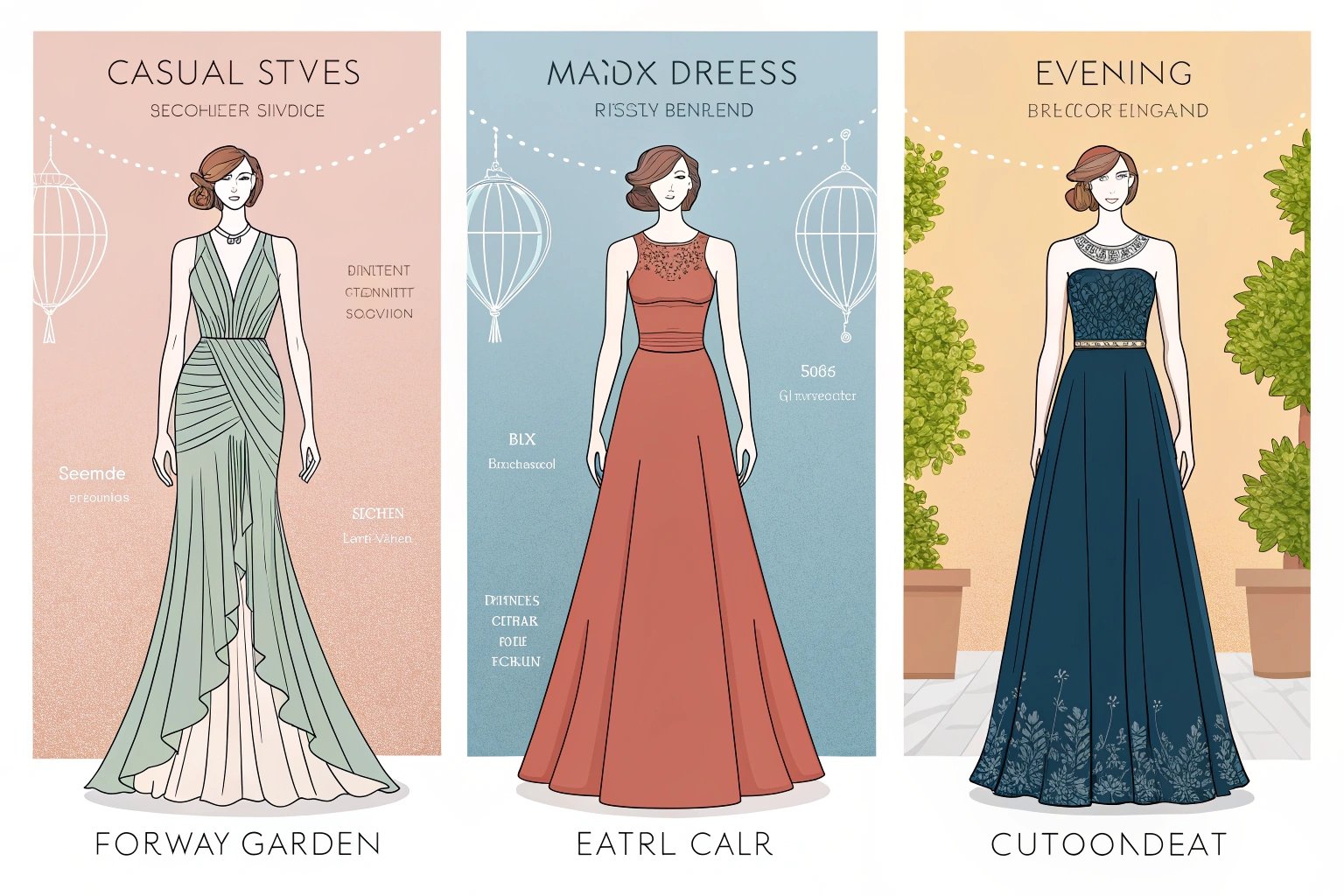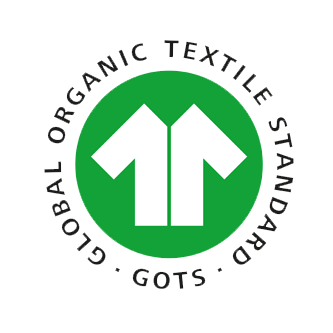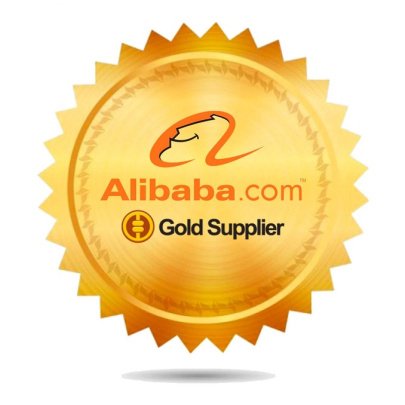Sharing your designs with a manufacturer is a critical first step—and often the one where mistakes begin. If your design files aren’t clear, or your instructions leave room for interpretation, it can lead to costly delays and disappointing results.
The best way to send your designs clearly is through comprehensive tech packs, using universally accepted file formats such as PDFs, and supplementing with clear visuals, fabric swatches, and precise measurements. This ensures your vision is realized accurately.
Having worked with numerous brands across North America, Australia, and Europe, we have learned that clarity at the design stage avoids costly misunderstandings during production.
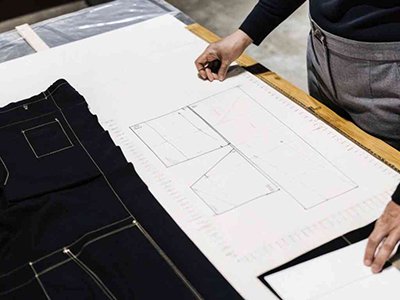
What Is the Most Effective Format for Sending Your Designs?
Choosing the right format helps manufacturers like us produce your designs efficiently.
PDFs are the most reliable format because they preserve the integrity of your design sketches, measurements, color specifications, and other crucial details, regardless of the device or software used.
Why PDF is the Preferred Format
- Consistency: Uniform appearance across all platforms.
- Accessibility: Easy to open without compatibility issues.
- Detailed Clarity: Clearly showcases precise details and illustrations.
How Comprehensive Should Your Tech Pack Be?
A detailed tech pack allows manufacturers to translate your ideas into high-quality products accurately.
Include detailed sketches, precise fabric types, exact measurements, color Pantone references, construction instructions, stitching details, and trims specifications to ensure perfect garment execution.
Key Elements of an Ideal Tech Pack
- Detailed garment sketches
- Fabric and material specifics
- Color Pantone numbers
- Comprehensive measurement charts
- Detailed sewing and construction guides
- Label and branding placement

What Communication Tools Improve Clarity with Manufacturers?
Clear communication ensures smooth production and minimizes errors.
Professional emails, supplemented by visual aids, regular video conferencing for design clarification, and instant messaging for quick updates significantly improve communication between brands and manufacturers.
Effective Communication Tools Recommended
- Email: For formal documentation and critical communication.
- Video Conferencing (Zoom/Skype): Best for discussing complex details.
- Instant Messaging (WhatsApp/WeChat): Ideal for real-time updates and quick clarifications.
How Can You Ensure Your Manufacturer Fully Understands Your Designs?
Ensuring that your manufacturer completely grasps your vision avoids production errors and delays.
Always accompany your tech packs with visual references or samples, request initial feedback from your manufacturer, and schedule regular meetings to confirm ongoing clarity and alignment.
Best Practices to Ensure Clarity
- Provide clear visual examples alongside descriptions.
- Regularly request feedback on samples or prototypes.
- Confirm key design elements frequently.
Should You Always Send Physical Samples?
Providing samples helps manufacturers precisely replicate your garments.
Yes, physical samples ensure manufacturers understand your expected fabric quality, specific textures, colors, and overall construction, significantly improving accuracy and reducing risks.
When Sending Samples Is Crucial
- Initial production orders with new suppliers.
- Complex designs requiring precise execution.
- Adjustments or revisions to existing garment lines.

What Is the Best Way to Follow Up After Sending Your Designs?
Proper follow-up guarantees your project stays on track.
Schedule regular updates, request frequent photos or videos of production progress, and respond promptly to any questions. Clearly set milestones and deadlines to maintain production efficiency.
Recommended Follow-Up Schedule
| Follow-Up Action | Timing |
|---|---|
| Initial confirmation | Immediately after sending designs |
| Weekly production updates | Every week |
| Pre-shipment quality check | Before final shipment |
Conclusion
When you clearly document your designs, select appropriate file formats, and maintain proactive communication, your manufacturer can accurately produce your garments efficiently. This approach minimizes errors, saves time, and ensures your fashion designs reach the market precisely as envisioned.


